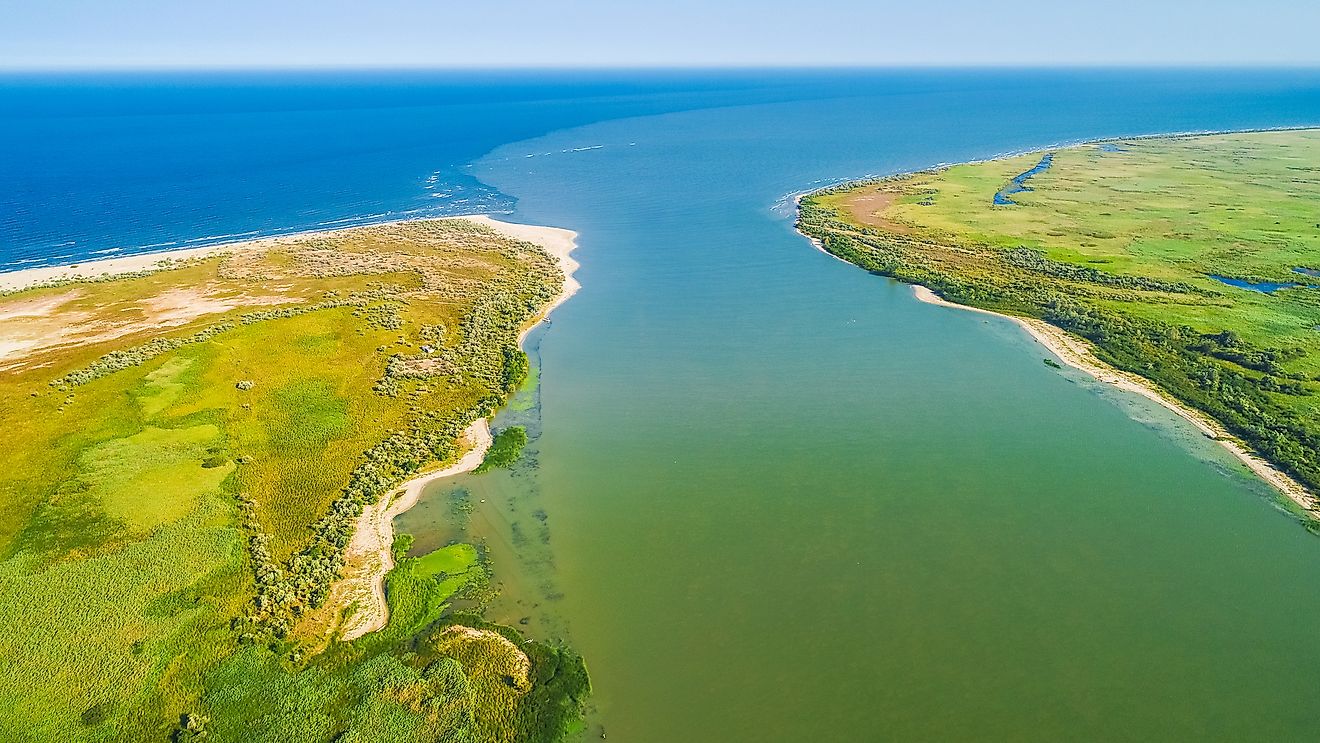What Is A Mud Pot?

A mud pot, mudpot, or mud pool is a geologic term used to describe a pool composed of a mixture of semi-liquid soil and water which forms in a hot spring and produces bubbles caused by the release of gas. Because of its acidic content, a mud pot usually causes the rocks surrounding it to decompose and turn to mud or clay. Water rising up from below the surface is released in the form of a thick semi-liquid white, grey, or black colored substance which may include reddish or pink spots depending upon the amount of iron present in the soil. Sometimes the flow of bubbling mud is so abundant that mud pots can reach heights of approximately three to four feet and thus take on the appearance of mini mud volcanoes. Mud pots usually measure up to 65.5 feet across and are characterized by a strong odor of rotten eggs which is the result of the presence of hydrogen sulfide.
Requirements for the Formation of Mud Pots
Mud pots form in hot dry areas where the soil is rich in volcanic ash and clay. Other geological conditions needed for the formation of mud pots include an underground cavity filled with water, hydrogen sulfide, and surrounding rock material which is soft and therefore easily dissolved. This mix of water and hydrogen sulfide results in the development of sulfuric acid which is composed of oxygen, hydrogen, and sulfur.
Paint Pots
Some mud pots may spew colorful mud in hues of bright colors such as purple or red. These geothermal features are known as paint pots. The reason for these vibrant shades is due to the presence of potassium, magnesium, and iron oxide deposits in the surrounding soil. Paint pots also form because of a significant lack of sulfur in the immediate environment.
Well Known Mud Pots
Mud pots can be found in many places around the world. Among the most well-known include those in Yellowstone National Park in Wyoming, Lassen Volcanic National Park in California, and Rincón de la Vieja Volcano National Park in Costa Rica.
The Artist Paint Pots as well as the Fountain Paint Pots are two of the many attractions located in Yellowstone National Park. The Artist Paint Pots can be found along a somewhat less well known one mile long looped path which is located uphill near several hot springs approximately three miles south of the Norris Geyser Basin. The Fountain Paint Pots can be accessed by way of a boardwalk built next to Firehole Lake Road. This area is located in the Lower Geyser Basin and also includes both the Morning and Fountain Geysers.
Lassen Volcanic National Park in northern California is home to a variety of natural geothermal features including not only an array of mud pots but also hot springs, steam vents, and fumaroles.
Rincón de la Vieja Volcano National Park is one of the Central American nation of Costa Rica's many national parks and features various mud pots which can be accessed by taking the just over one mile long Sendero Las Pailas trail. While exploring this area visitors can also see a small sized volcano (known as a volcancito) and depending upon the season, a waterfall.











